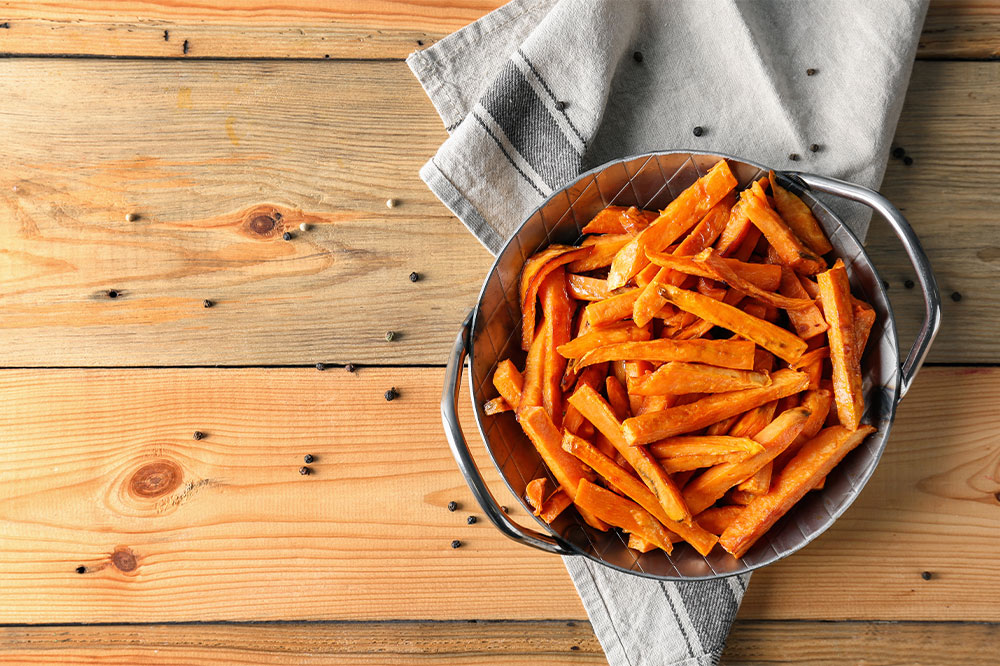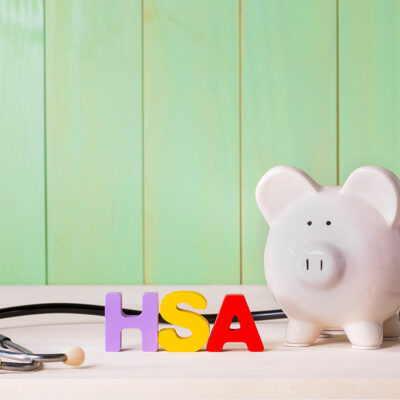
Migraines – Foods to Eat and Avoid
A mild headache differs from a migraine headache. It will last for longer periods, and the physical effects can be intense. Not only is the pain amplified in migraines, but there may also be many debilitating symptoms. Studies on migraine pain management have suggested that dietary changes can trigger or help manage migraines.
If you can know about the dietary changes that can trigger or help manage migraines in your everyday life, you can get an idea of the foods to eat and avoid. Migraines cause inflammatory changes inside the brain’s nerve cells, and this causes pain. Maintaining a food diary to record everything you drink or eat during the day and whether you are getting migraines afterward can help you understand the food triggers. Your doctor can isolate those specific foods that may be triggering the headaches.
Foods that trigger migraines
- Foods containing a high amount of sodium, foods with additives like MSG or monosodium glutamate, and artificial sweeteners like aspartame are triggers.
- Aged cheese can be a trigger since almost 18% of people suffering from migraines have been found to be sensitive to it. The reason behind this may be high tyramine that is produced when the bacteria break the amino acid tyrosine down in the course of aging. Tyramine can be found in yeast extract, wine, processed meats, and chocolate too.
- Alcoholic beverages can cause hangover headaches when a person drinks excessively.; for some, it can trigger migraines within only 3 hours. Red wine, in particular, is likely to cause migraines, especially in women.
- Processed meats may cause headaches to occur within minutes of their consumption. This is often termed as “hot dog headache,” and according to researchers, potassium nitrite, sodium nitrite, and some preservatives may be the cause. Such preservatives are common in processed meats as they stop harmful microbes from growing and retain their flavors and color. Examples of such meats are bacon, ham, sausages, and lunch meats such as bologna and salami.
- 11% of people with migraines have found citrus foods to be a trigger.
- 2%-22% of people experiencing migraines are found to be sensitive to chocolates.
- Barley, rye, wheat, etc., contain gluten, which can trigger migraines in gluten-intolerant people.
Foods that help manage migraines
- Green, orange, and yellow veggies like sweet potatoes, carrots, summer squash, spinach, etc.
- Tap water, carbonated and spring water
- Rice, particularly brown rice
- Cooked or dried fruits especially of the non-citrus variety like cranberries and cherries
- Natural sweeteners like vanilla extract or maple syrup
- Fresh meats, fish, and poultry are migraine-safe
- Vitamin B12 present in animal foods like salmon or red meats can decrease migraine frequency.
- Butterbur is a herbal supplement for alleviating migraine pains
- Coenzyme Q10 can help in energy metabolism; this antioxidant is found in many foods like fish, meat, broccoli, liver, and parsley. The deficiency of this is associated with migraines; so, supplements may help.
- Low folate intake may increase migraine frequency. Similarly, insufficient magnesium intake will increase the risks of menstrual migraines.


